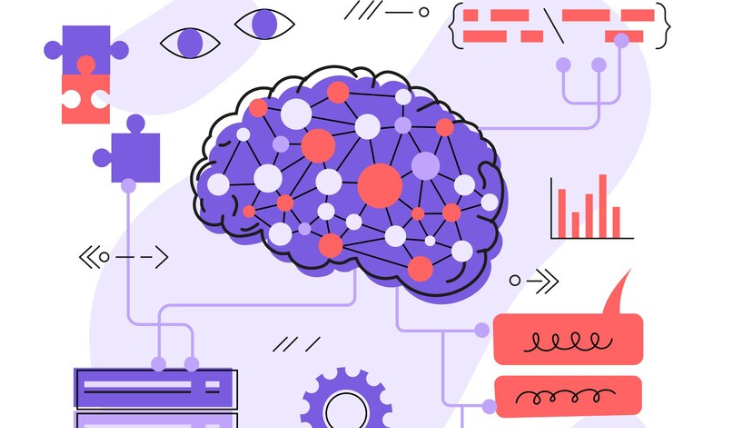As the digital world grows increasingly integrated into daily life, so too does its influence on how we organize society, solve problems, and express collective will. What once was the realm of ballots and town halls is now entering a new phase: a future where democracy runs on code. From open-source governance to blockchain voting, the idea of voting with code suggests that software may not just support democratic processes—it could become them.
This transformation is not a distant sci-fi concept. It’s already unfolding in experimental platforms, decentralized communities, and the evolving philosophies of civic tech. But what does it mean when democracy itself is written in software?
Democracy Beyond the Ballot Box
Traditional democracy relies on representation, periodic elections, and hierarchical institutions. These structures, while foundational, can be slow, opaque, and vulnerable to inefficiency or corruption. Meanwhile, digital platforms offer new forms of real-time participation, transparent decision-making, and algorithmic trust.
The phrase “voting with code” captures this shift in multiple dimensions:
- Literal voting through software, like blockchain-based ballots.
- Writing or contributing to code that governs how communities operate.
- Forking a project to reflect ideological differences, much like forming new political parties.
- Encoding rules and laws into smart contracts that self-execute on digital platforms.
This isn’t about replacing democracy with machines—it’s about extending democratic values through programmable systems.
The Rise of Code-Based Governance
Several experimental frameworks have emerged that reimagine governance using software:
1. Decentralized Autonomous Organizations (DAOs)
DAOs are blockchain-based entities governed by code, not people. Members vote on proposals using tokens, and smart contracts execute decisions automatically. There is no central authority—only the logic written into the system.
- Example: Aragon and DAOstack allow users to create their own self-governing organizations with rules encoded in smart contracts.
- Benefit: Transparent, tamper-proof decision-making.
- Risk: Code is law—errors or exploits in smart contracts can have irreversible consequences.
2. Open Source as Civic Participation
Open-source communities like those on GitHub resemble miniature democracies. Contributors propose changes (akin to policies), and maintainers review and approve them. Decisions are tracked, debated, and archived transparently.
- Example: The governance of Ethereum Improvement Proposals (EIPs) reflects collective input from developers across the world.
- Insight: Participating in code becomes a political act—how the software behaves reflects the community’s values.
3. Quadratic Voting and Reputation Systems
Alternative voting systems enabled by software—like quadratic voting—allow people to express the intensity of their preferences, not just the direction. Others, like reputation systems, allocate influence based on trust and merit rather than pure popularity.
- These models challenge the “one person, one vote” norm with nuanced mechanisms of digital engagement.
- They open up new forms of algorithmic democracy, where participation is shaped by more than identity or party lines.
Pros and Promises
Software-enabled democracy has several advantages:
✅ Transparency
Public code can be audited, verified, and discussed. Unlike opaque bureaucracies, governance through software opens up the black box.
✅ Participation at Scale
Digital platforms allow millions to participate in decisions that once required physical presence or cumbersome processes.
✅ Speed and Flexibility
Smart contracts and digital voting can adapt to real-time issues without waiting for the next election cycle.
✅ Customizable Governance
Communities can design their own rules, voting models, and enforcement logic—creating bespoke political systems tailored to specific needs.
Challenges and Ethical Dilemmas
But software is not a neutral force—it reflects the biases of its creators. With democracy turning digital, new risks emerge:
⚠️ The Tyranny of Developers
If a small group writes the rules in code, are they the new lawmakers? The power to write and change algorithms could replace traditional political authority.
⚠️ Security and Exploits
A single bug in a smart contract could destroy a DAO or corrupt a voting system. The immutability of blockchain can make these failures irreversible.
⚠️ Exclusion Through Complexity
Coding-based democracy risks becoming inaccessible to non-technical users. If you can’t read or write code, can you fully participate?
⚠️ Algorithmic Governance Gone Wrong
Code can encode unintended consequences. What if automated rules suppress dissent or amplify inequality?
When Code Becomes Constitution
At its core, democracy is about values—fairness, equality, freedom. When we express these values through software, we’re not just using tools. We’re designing new systems of power and participation.
A constitution written in code can execute decisions without bias, but it can’t empathize. It can’t interpret nuance, or change its mind when the world does. That’s why the most powerful forms of digital democracy will combine the strengths of machines with the wisdom of humans.
Conclusion: Code as Civic Infrastructure
“Voting with code” is not the end of traditional politics—it’s a new layer of civic infrastructure. Like roads or electricity, programmable systems can empower communities, distribute agency, and coordinate action at global scales.
But as we enter this future, we must ask ourselves: Who writes the rules? Who checks the code? And how do we keep humanity at the heart of systems built in silicon?
The next revolution in democracy may not be televised—it might be committed to GitHub.


